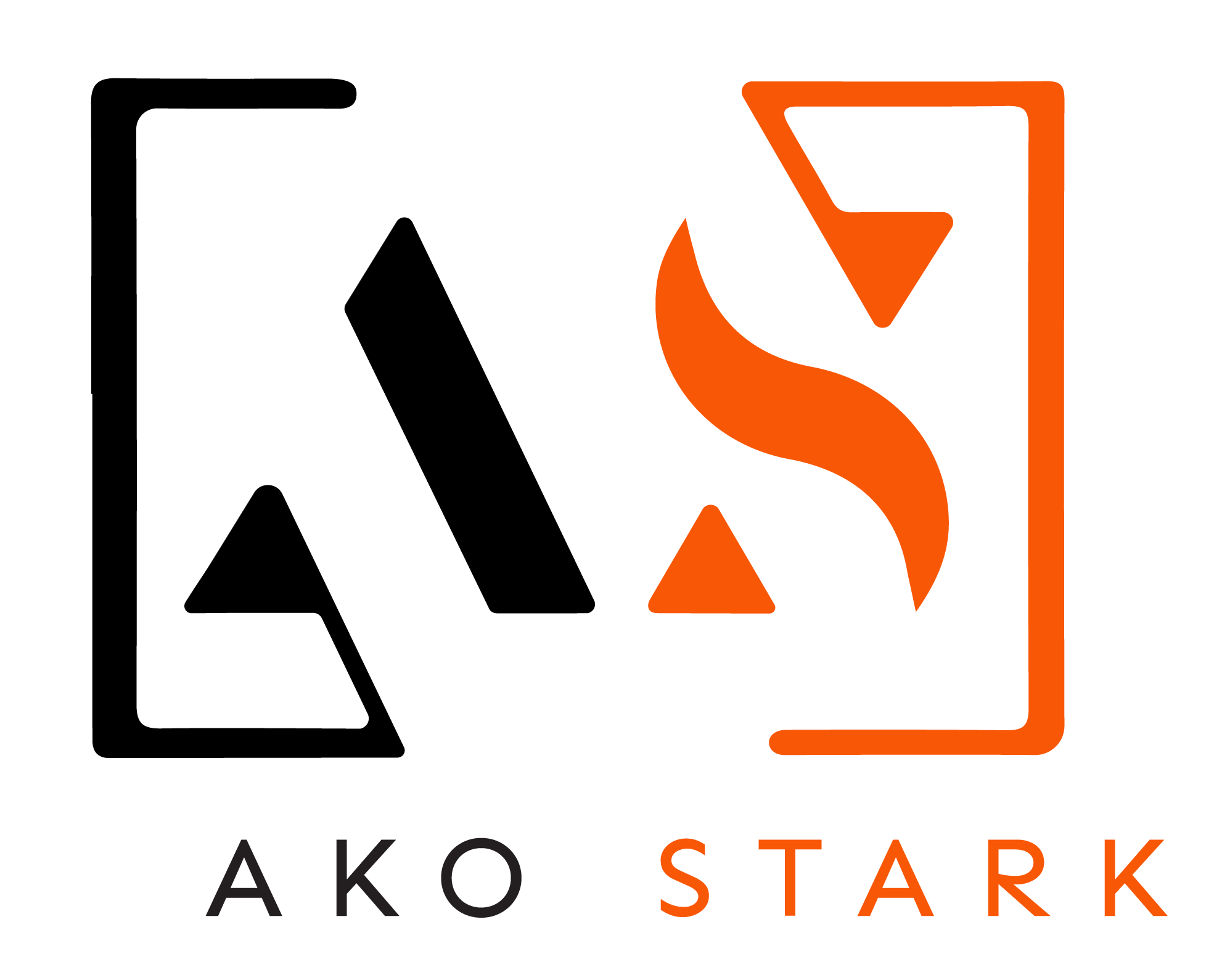Keywords, often termed as "SEO keywords," "keyphrases," or "search queries," are the linchpin of digital visibility. They are not just words; they are the queries that potential customers use to find solutions online, making them critical for successful Search Engine Optimization (SEO) and Search Engine Marketing (SEM).
The Essence of Keywords in SEO and SEM
In the digital marketing realm, keywords are the bridge connecting your content with your audience. They help your web pages rank at the pinnacle of Google’s SERPs for relevant searches, funneling quality, targeted traffic to your site. Beyond SEO, keywords form the backbone of Pay-Per-Click (PPC) advertising campaigns, allowing for strategic ad placements above organic search results through bidding systems like Google Ads.
Diverse Types of Keywords: A Strategic Overview
Understanding the different types of keywords is crucial for crafting targeted SEO and PPC campaigns:
- Long-tail Keywords: Specific and often longer phrases with a clear intent. Although they boast lower search volumes, their specificity leads to higher conversion rates, making them gold mines for new or niche websites.
- Branded Keywords: These include the name of brands or specific products. They are essential for businesses looking to capture traffic already familiar with their brand or offerings.
- Geo-targeted Keywords: Vital for local businesses, these keywords incorporate location details to attract nearby customers, such as “coffee shops in downtown LA.”
- Negative Keywords: Used in PPC to exclude irrelevant traffic. By filtering out unwanted search terms, advertisers can ensure their budget is spent on queries with the highest potential for conversion.
Mastering Keyword Research: The Path to SEO Success
Keyword research is the cornerstone of any SEO or PPC strategy. It involves identifying terms that your target audience uses, balancing between search volume, competition, and relevance to your content or offerings. Tools like Semrush and Google’s Keyword Planner can provide insights into these metrics, helping you choose keywords that align with your business goals and audience needs.
Key Qualities of Effective Keywords
When selecting keywords, consider their:
- Search Volume: High volumes indicate popularity but also signal higher competition.
- Competition: Understand both the organic competition and the competitive density for PPC.
- Cost-Per-Click (CPC): High CPCs can indicate valuable keywords for PPC campaigns but also suggest higher competition.
- Word Count: Longer phrases often have lower competition and are more targeted, potentially leading to better conversion rates.
Decoding Search Intent for Strategic Keyword Use
Search intent categorizes why a user conducts a specific search. It’s crucial for aligning your content and ads with user expectations:
- Transactional Intent: Users are ready to buy or perform a specific action.
- Commercial Intent: Users are considering a purchase and are looking for the best options.
- Informational Intent: Users seek information, not necessarily with the intent to buy.
- Navigational Intent: Users want to find a specific website or page.
Understanding intent helps tailor your SEO and PPC efforts to match user expectations, improving engagement and conversion rates.
Implementing Keywords: Beyond the Basics
Effective keyword implementation goes beyond mere selection. It’s about integrating these keywords naturally within your content, titles, meta descriptions, and even alt tags for images. For PPC, it involves choosing keywords with the right balance of search volume, competition, and CPC to maximize ROI. Additionally, consider the user experience on your landing pages to ensure consistency between your ads and the content users find.
Advanced Keyword Strategies: Long-term Success
- Semantic Search: Google’s algorithms now understand context and synonyms. Incorporating related terms and synonyms can enhance your content's relevance without keyword stuffing.
- User Experience (UX): Google increasingly prioritizes pages that offer a great user experience. Ensure your site is mobile-friendly, fast, and easy to navigate.
- Content Depth: For competitive keywords, in-depth content that thoroughly addresses user queries can improve your chances of ranking higher.
Crafting Your Keyword Blueprint
Keywords are the foundation upon which the vast edifice of digital marketing stands. By understanding and strategically applying the principles of keyword research, search intent, and effective implementation, you can significantly enhance your online visibility, drive targeted traffic, and achieve your digital marketing objectives. Remember, the key to success lies in continuous learning, testing, and adapting to the ever-evolving digital landscape.









